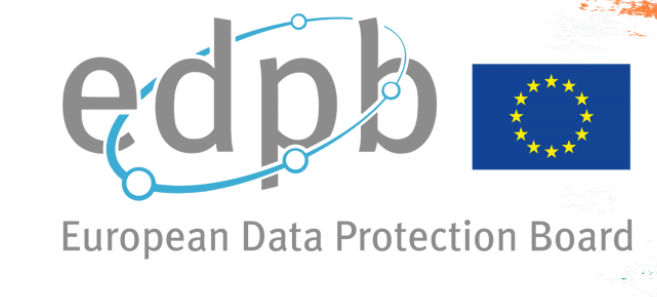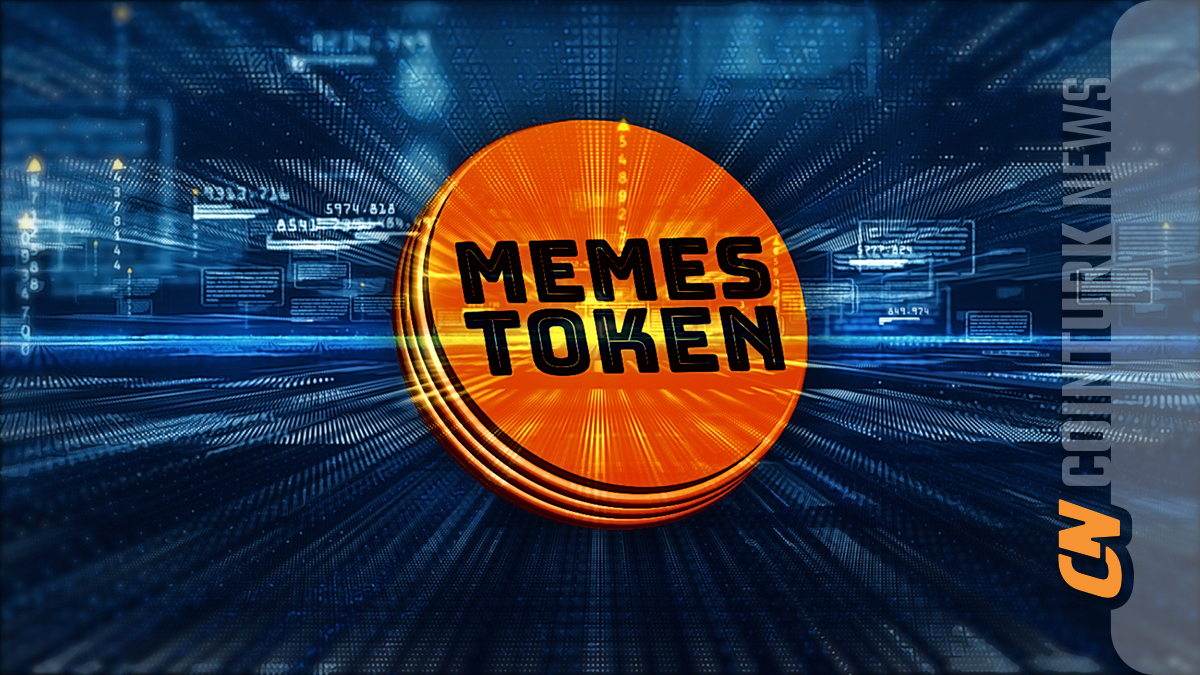Developments in artificial intelligence that are crucial for the crypto world also bring some problems. We recently published Vitalik Buterin’s criticisms and concerns. Now, some notable voices are emerging from the European Union. So, what is the latest situation and news from the EU side for OpenAI and ChatGPT?
ChatGPT and the European Union
The European Data Protection Board (EDPB) shared its latest evaluations about OpenAI’s flagship. Uncontrolled growth in the field of artificial intelligence and the possibilities of reaching technology beyond what we see today are confusing. It can be said that there are also significant issues in terms of compliance.
The European Data Protection Board (EDPB) said the following about ChatGPT‘s compliance with EU rules, including the General Data Protection Regulation (GDPR);
“While the measures taken to comply with the principle of transparency are useful to prevent misinterpretation of ChatGPT’s output, they are not sufficient for compliance.”

OpenAI and Legal Compliance
In January, despite Italy warning and even banning ChatGPT, it still does not comply with their national laws and broader EU laws. Italian and EU data privacy laws are among the major obstacles for the AI giant. The EDPB report also mentions the lack of effort in terms of compliance.
The report includes the following detail;
“Due to the probabilistic nature of the system, the current training approach leads to a model that can also produce biased or fabricated outputs.”
The report also highlights the concern that “the outputs provided by ChatGPT, whether accurate or not, can be accepted as factually correct by end users.” How to make ChatGPT fully compliant is unclear and this is a very complex issue. States that cannot even comprehensively regulate cryptocurrencies have to spend more time on another equally complex area.
GPT-4 model contains billions of data points and approximately one trillion parameters. From this perspective, the difficulty of verification is also noteworthy. However, the European Data Protection Board still states that “technical inadequacies cannot excuse neglecting the laws.”

 Türkçe
Türkçe Español
Español









